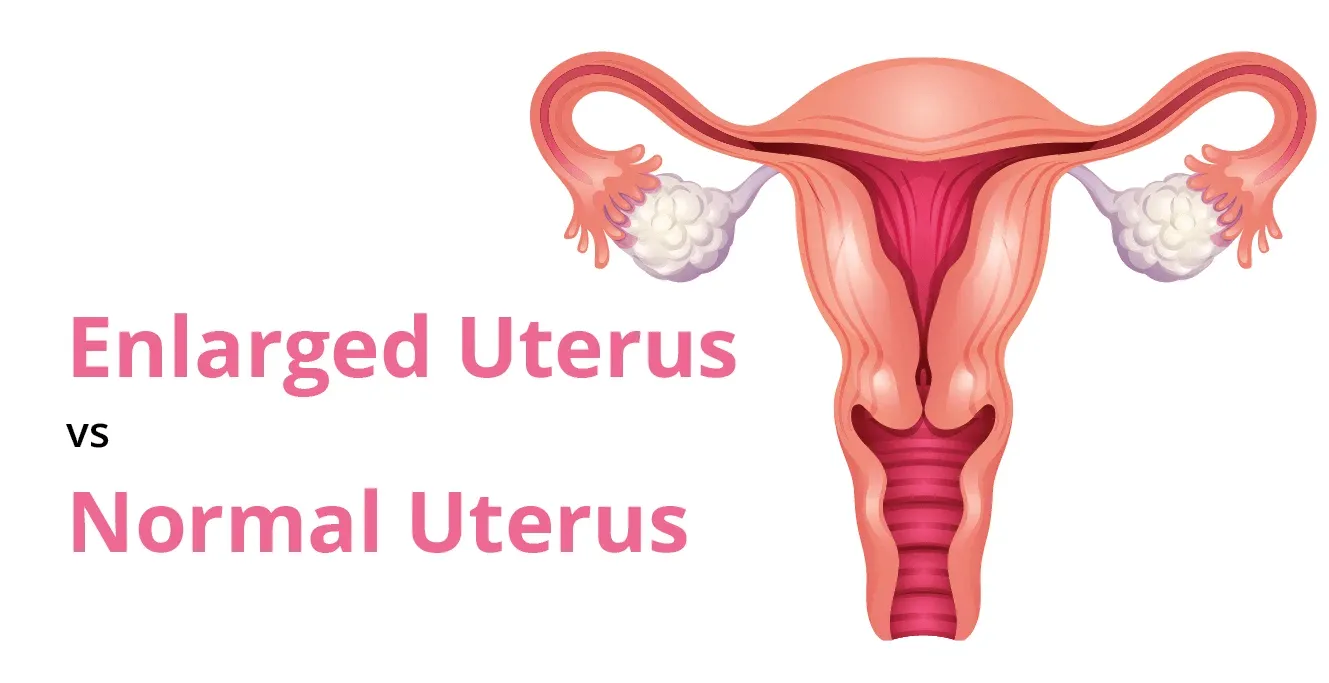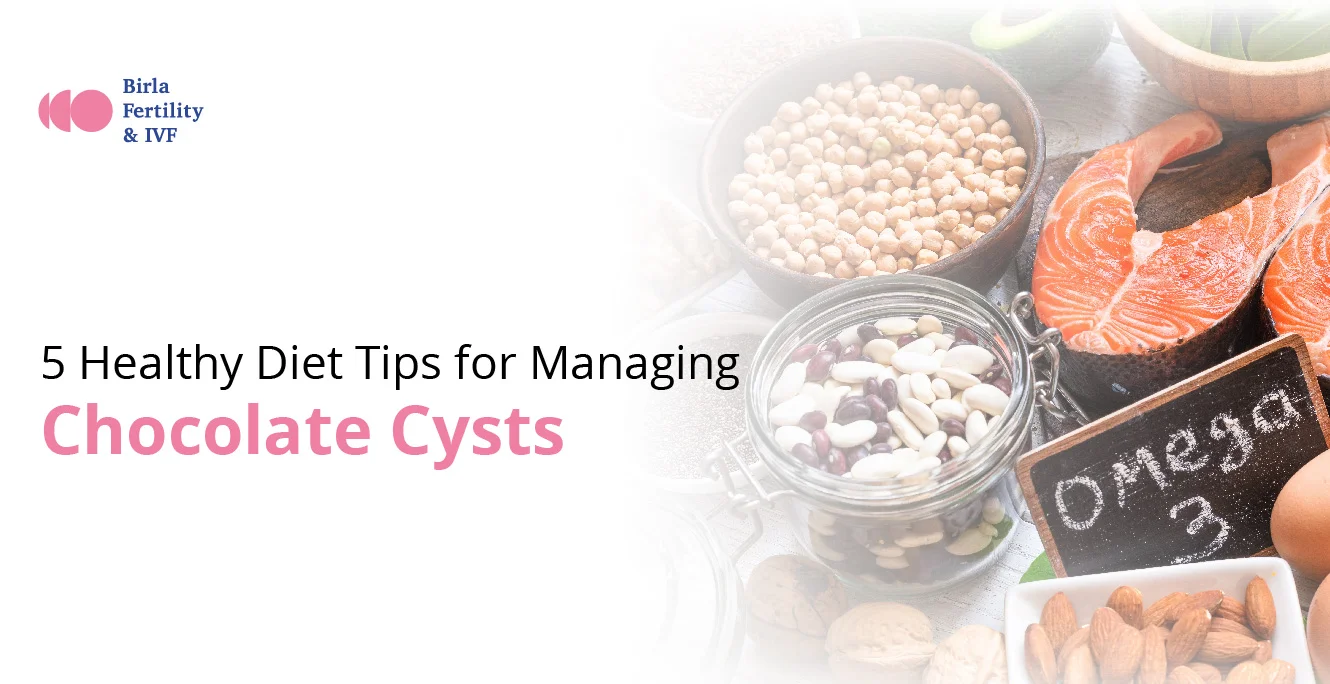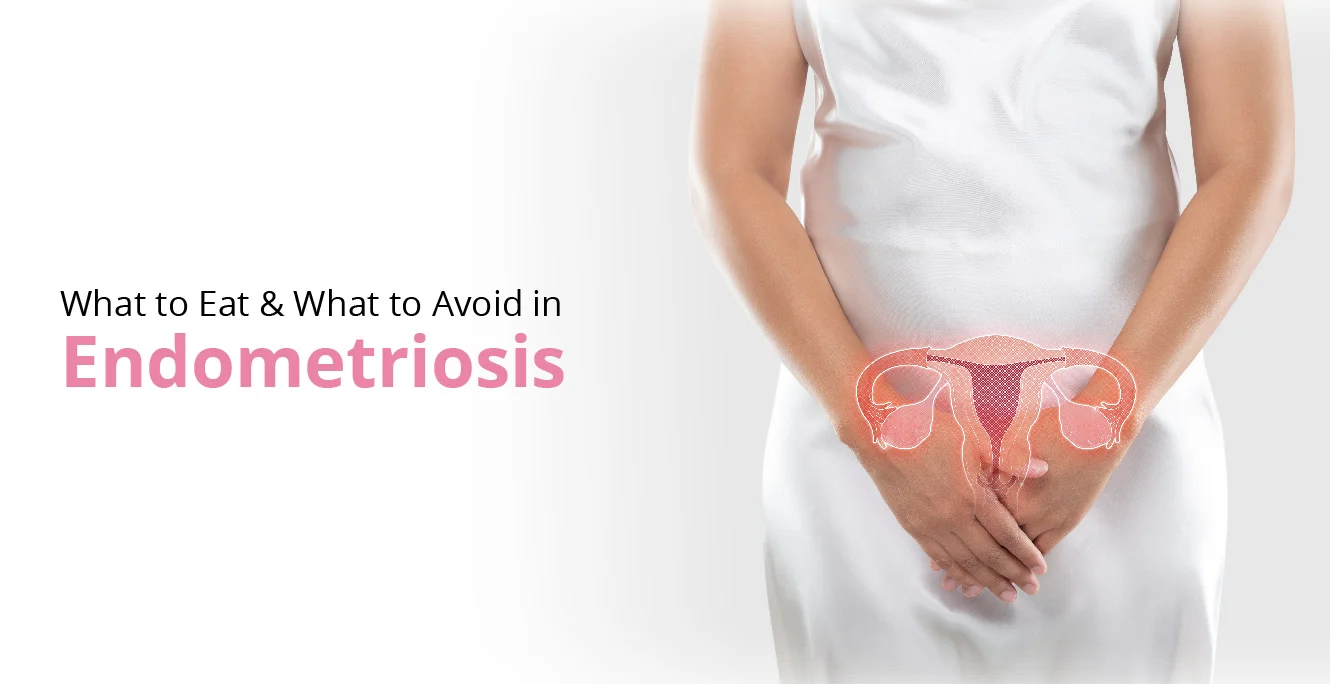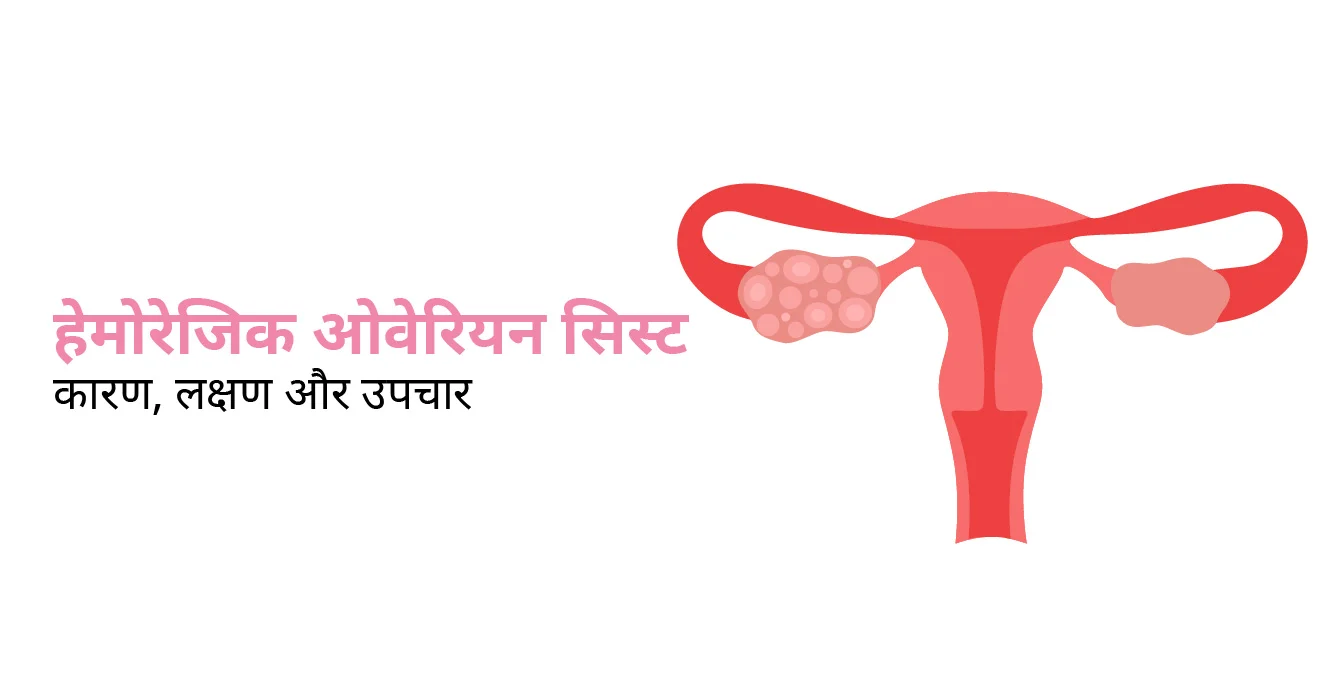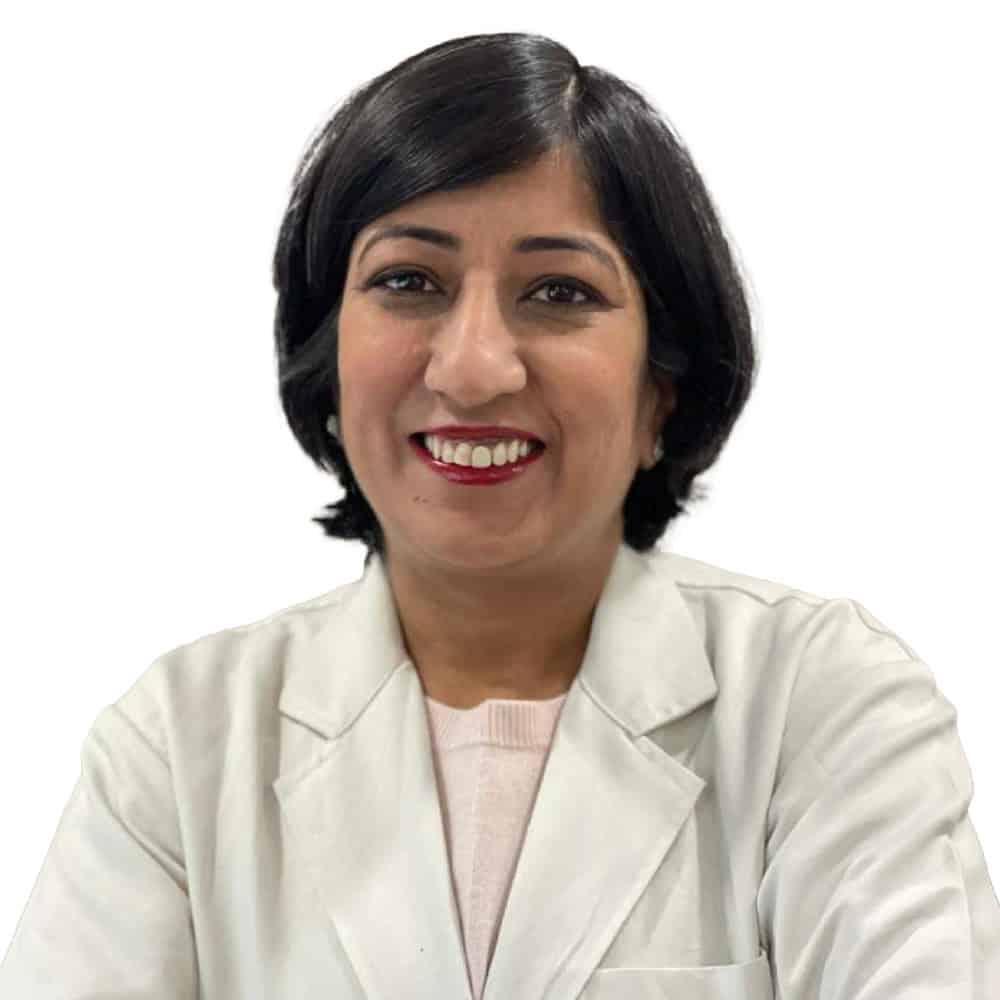
Best Age to Freeze Your Eggs: When is the Right Time?

Table of Contents
- What is Egg Freezing?
- Why Should Women Consider Freezing Their Eggs?
- Biological Clock and Fertility
- What is the Best Time to Freeze Your Eggs?
- Is There Any Age Limit to Freeze Your Eggs?
- When Is It Too Late to Freeze Eggs?
- Myths and Facts About Egg Freezing
- How Long Can Frozen Eggs Be Used?
- Steps Involved in Egg Freezing
- Conclusion
If you’re thinking of freezing your eggs, one of the most important factors is timing. As women, our biological clock is always ticking because fertility declines with age. But when is the right time to take action? The decision is personal, but understanding the science behind this procedure can help you make an informed choice.
Many women wonder if there’s an age limit to freeze eggs or if it’s ever too late to freeze eggs. The good news is that advances in reproductive technology have made egg freezing a viable option for women of various ages. Let’s explore the optimal age for egg freezing and all you need to know about it.
What is Egg Freezing?
Egg freezing is the common term used for oocyte cryopreservation. It is a method of preserving a woman’s fertility by extracting, freezing, and storing her eggs for future use. This allows a designed pregnancy delay until the woman is ready to start a family.
Frozen eggs are thawed, fertilised with sperm in a laboratory, and transferred to the uterus through in vitro fertilisation (IVF) to achieve pregnancy.
Why Should Women Consider Freezing Their Eggs?
Egg freezing has become increasingly popular in the past few years. Here are some reasons why women consider egg freezing:
-
Preserving Fertility: Egg freezing allows you to store healthy eggs for the future, safeguarding fertility for later in life.
-
Medical Reasons: Ideal for those undergoing treatments like chemotherapy, which may affect fertility.
-
Delayed Parenthood: Offers flexibility for couples wishing to focus on career, education, or personal goals before starting a family.
-
Advancing Age: Since egg quality and quantity diminish with age, preserving eggs at a younger stage enhances the likelihood of successful conception.
-
Health Circumstances: Beneficial for those with disorders like endometriosis that could impact fertility.
-
Peace of Mind: Provides reassurance and reduces the pressure of biological timelines when planning for a family.
In urban India, there’s growing awareness of egg freezing, thanks to increased access to fertility clinics and proactive information from doctors. Recent health data indicate a rise in interest in elective procedures among Indian women aged 30-34 years seeking greater control over their reproductive futures.
Biological Clock and Fertility
A woman’s fertility is closely tied to her age, as the quantity and quality of her eggs decline over time. This natural decline in fertility is often referred to as the “biological clock.” Women are born with a limited number of eggs, which decreases as they age. Additionally, the quality of the remaining eggs also diminishes, increasing the risk of chromosomal abnormalities and genetic disorders.
This table demonstrates fertility decline as per age:
|
Age Range |
Fertility Decline |
|---|---|
|
20-30 years |
Minimal |
|
30-35 years |
Gradual |
|
35-40 years |
Significant |
|
40+ years |
Rapid |
What is the Best Time to Freeze Your Eggs?
The ideal age to freeze your eggs is before 35 years old, with the optimal range being between 30 and 34 years. At this age, women typically have a higher number of healthy, viable eggs, which increases the chances of a successful pregnancy in the future. Egg freezing at a younger age preserves their quality and reduces the risk of chromosomal abnormalities.
Why You Should Consider Freezing Your Eggs Before 35:
Egg freezing is available for women of any age, but it is generally more effective, fertility-wise, if you are younger. The benefits of egg freezing at a younger age include:
-
Higher egg quality and quantity
-
Lower risk of genetic disorders
-
Increased chances of successful pregnancy in the future
-
Greater flexibility in family planning
Is There Any Age Limit to Freeze Your Eggs?
As mentioned, while there is no strict age limit to freeze your eggs, the procedure’s success rate significantly declines after 35 years of age. Women between 35 and 40 years old may still have some success with egg freezing, but the chances of a successful pregnancy using these eggs are lower than those frozen at a younger age.
|
Age Range |
Success Rate |
|---|---|
|
Under 35 |
60-80% |
|
35-40 years |
30-50% |
|
Over 40 |
<30% |
When Is It Too Late to Freeze Eggs?
It’s never too late! However, while it is not impossible to freeze eggs after 40, the success rates are significantly lower. Women who freeze their eggs after 30 have a better chance of success compared to those who wait until their late 30s or early 40s. The proportion of healthy, chromosomally normal embryos decreases from approximately 76% among 25-30 year olds to 52% among 35-40 year olds. The proportion of healthy, chromosomally normal embryos decreases significantly with age, dropping from approximately 76% in individuals aged 25–30 to 52% in those aged 35–40.
The first successful pregnancy from a frozen egg occurred in Australia in 1986. Since then, advancements in vitrification techniques have greatly enhanced success rates, providing a promising option for women considering fertility preservation to align with their reproductive goals.
Myths and Facts About Egg Freezing
There are many misconceptions surrounding egg freezing. Let’s cover some common myths and facts:
-
Myth: Egg freezing ensures pregnancy in the future.
Fact: Although egg freezing improves the likelihood of having a child later in life, it does not provide a guaranteed outcome. -
Myth: Egg freezing is only for women with medical conditions that affect fertility.
Fact: Egg freezing is an option for any woman who wishes to preserve her fertility for personal or professional reasons. -
Myth: Egg freezing is an invasive and risky procedure.
Fact: Egg freezing is a minimally invasive procedure with a low risk of complications, typically involving a short recovery period.
How Long Can Frozen Eggs Be Used?
While there is no definitive expiration date for frozen eggs, the recommended storage duration is around 10 years. The quality of the eggs may decline over time, with lower success rates for older frozen eggs compared to freshly frozen ones. It is essential to discuss the potential risks and benefits of long-term egg storage with a fertility specialist.
Steps Involved in Egg Freezing
The egg-freezing process typically involves the following steps:
-
Initial consultation and medical evaluation: This involves assessing fertility and determining the best approach for the individual.
-
Ovarian stimulation with hormonal medications: Hormones are prescribed to stimulate the ovaries and encourage the production of multiple eggs.
-
Monitoring of egg development: Regular ultrasounds and blood tests are performed to track the growth and maturity of the eggs.
-
Egg retrieval procedure under sedation: A minor surgical procedure is performed to collect the mature eggs, done under sedation for comfort.
-
Freezing and storage of the extracted eggs: The eggs are frozen and stored for future use, typically in a cryopreservation facility.
Conclusion
Optimal Age: The best age for freezing your eggs is generally before 35, as egg quality and quantity decline significantly after this age.
Fertility Decline: From age 35 onwards, egg quality diminishes, increasing the risk of complications and genetic disorders.
Balanced Approach: Although younger eggs are healthier, freezing between 30 and 34 years can be practical due to life circumstances.
Success Rates: Women under 38 who freeze 20 or more eggs have a 70% live birth rate, highlighting the benefits of early freezing.
Individual Considerations: Factors like medical issues, smoking, and previous surgeries can affect the decision and success of egg freezing
Word from an expert:
If you are considering freezing your eggs, the most important factor is age. The younger you are when you freeze your eggs, the better the quality and quantity of those eggs will be, increasing your chances of a successful pregnancy in the future. While there is no perfect age to freeze your eggs, the optimal time is typically between 30 and 34 years old. Have an open discussion with your fertility specialist. They will help you determine if egg freezing is for you based on your individual circumstances and goals. ~ Dr. Prachi Banera
Our Fertility Specialists
Related Blogs
To know more
Birla Fertility & IVF aims at transforming the future of fertility globally, through outstanding clinical outcomes, research, innovation and compassionate care.
Had an IVF Failure?
Talk to our fertility experts

 Our Centers
Our Centers





